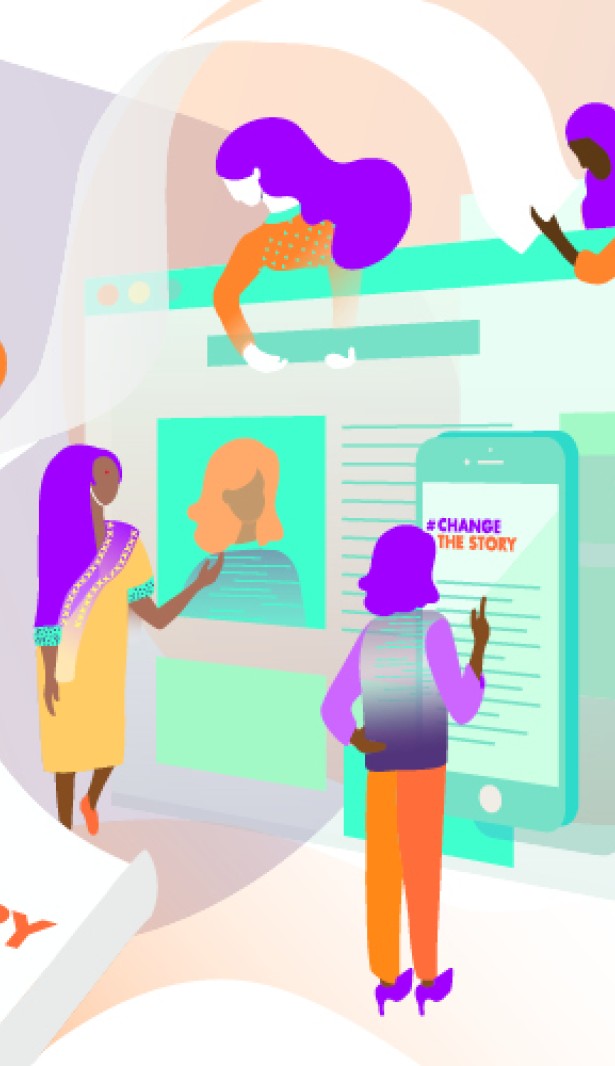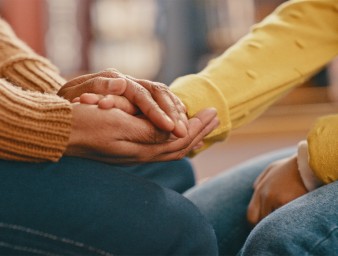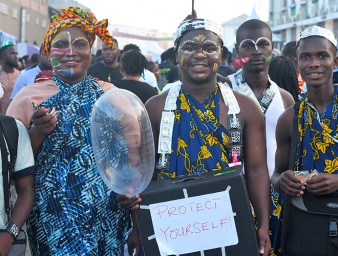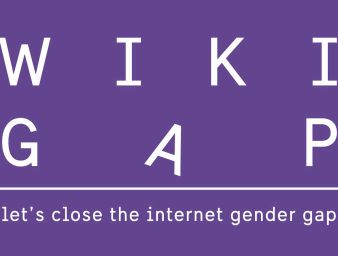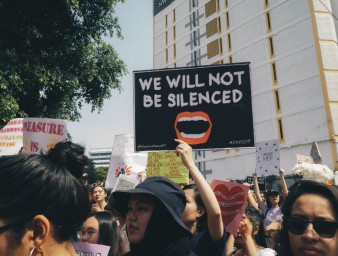#IStandwithHer: It is time to change the story
25 February 2020
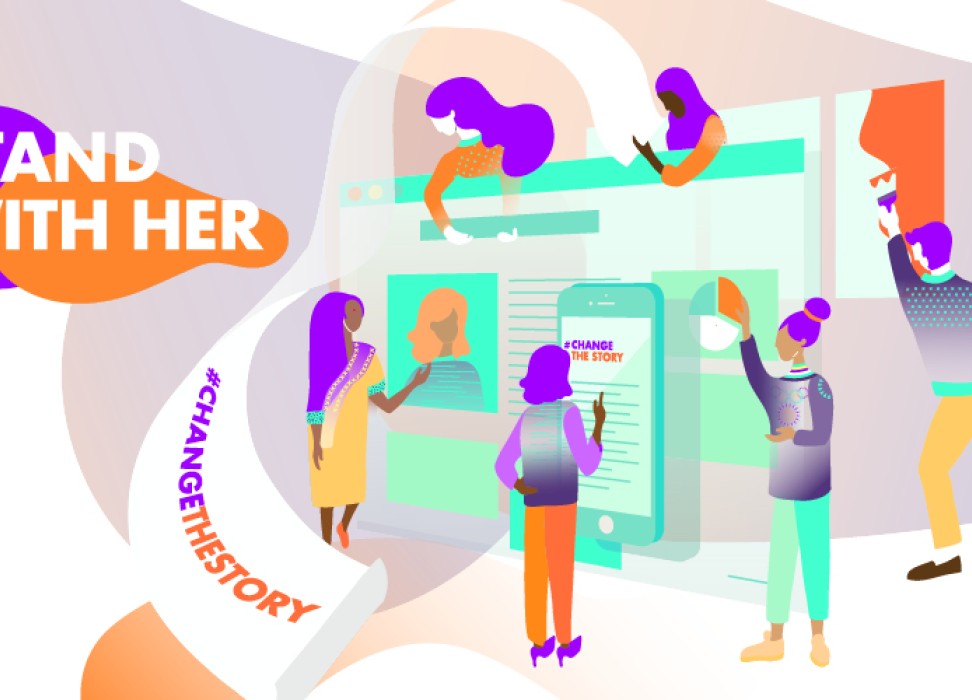
Twenty-five years ago, the Beijing World Conference saw an extraordinary mobilization of women’s rights defenders. Their commitment led to significant shifts and the adoption of a visionary roadmap to achieve gender equality.
Countries have followed the Beijing Declaration and Programme of Action by enacting innovative laws and achieving new standards to promote women’s rights. The world has nearly attained gender parity in health and education. Maternal mortality worldwide has dropped dramatically. In many professions once closed to women, they now hold leading positions. Issues that were considered ‘private’ - such as domestic violence - or “normalised” – such as sexual violence in conflict and sexual harassment in the workplace - have seen their public priority rise significantly.
The struggle for women’s equality continues
Despite all the progress, the struggle for equality continues.Humanity will need 108 years to close the overall gender gap if the world follows the current trend, and 202 years to bridge the divide in economic empowerment. Around the world, only 24 per cent of parliamentarians are women; women own less than 20 per cent of the world’s land; over 2.7 billion women are legally restricted from having the same choice of jobs as men; and women are also performing more than three-quarters of the time spent in unpaid care work.
As the #MeToo movement demonstrated, workplace sexual harassment is rampant in every corner of the world. Sexual violence against women and girls continues to be used as a weapon of war in conflict situations. Approximately 650 million girls and women alive today were married before their 18th birthday. Thirty-five per cent of women have experienced either intimate partner violence or sexual violence by a non-partner.
#IStandWithHer
At the heart of gender-based discrimination are views and beliefs about the roles and characteristics of women and social norms about femininity and masculinity. Such views and beliefs are pervasive and deeply ingrained and serve to perpetuate exclusion and oppression. Making them visible and challenging them is the first step to transform our societies and make them equal.
This is why UN Human Rights’ 2020 edition of its “I Stand with Her” campaign will focus on ‘narratives’ around gender equality or around issues affecting women. The campaign will endeavour to show and, most crucially, challenge the bias ingrained in our worldviews and societies: in history books that underplay women’s contributions; in the information available online that often portrays women in stereotypical ways or worse disseminates sexist ideas; and in the media, where women continue to be blamed for the violence they suffer, belittled and sexualized, and patronized and denied the ability to make their own decisions.
In partnership with the Wikimedia Foundation, the campaign will also aim at editing and creating new content that promote gender equality and the work of women human rights defenders on Wikipedia.
Join us and take action for women’s rights.
#IStandwithHer #ChangeTheStory
